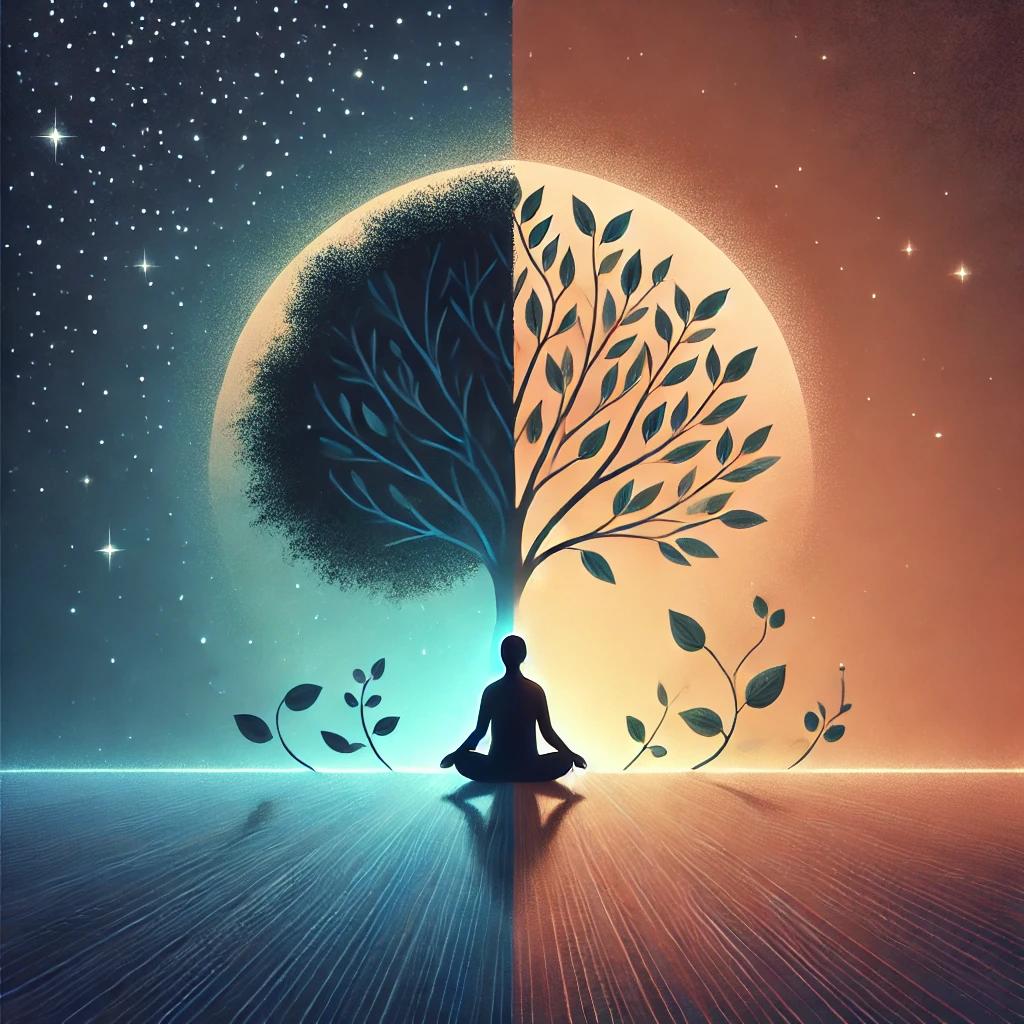The Hidden Wounds That Hurt the Most: Understanding Emotional Suppression and Its Impact

In the intricate maze of human emotions, there exists a group of individuals who silently endure the pain, anger, remorse, and resentment inflicted upon them by those closest to them. Over time, their conscious suppression of these emotions transforms into an automatized repression—a defense mechanism their mind adopts to survive.
However, these buried emotions never truly disappear. They linger, growing heavier with time, weighing down the soul, and silently wreaking havoc on the body. Unable to share their pain with another soul, these individuals are consumed from within. Their emotional turmoil begins to manifest as somatic symptoms—ulcers, asthma, tumors, cancers, or even psychosomatic attacks.
Ironically, society sympathizes only when the effects of emotional wounds surface as physical illnesses. People might rush these individuals to hospitals and express concern for their visible ailments, but few recognize that the root cause lies much deeper. Emotional suppression chips away at their immune system, leaving their body vulnerable and fragile.
The Silent Struggle of Enduring Pain
As a mental health professional, one of the most heart-wrenching challenges is encountering individuals who have endured hidden wounds for most of their lives. Their stories are often laden with suffering, and their coping mechanisms reflect the depths of their agony. For some, even self-harm becomes a desperate attempt to experience temporary relief from their overwhelming pain.
A young client once returned to therapy after a long gap. She hesitantly admitted, “I never thought I’d come back for sessions because every time I talk about my problems, I feel like I’m just seeking attention.” This young girl had endured life-threatening trauma, burying it so deeply that it eventually manifested as Chronic Obstructive Pulmonary Disease (COPD). Her condition was not caused by any biological factors—it was the physical embodiment of her emotional distress.
The Complexity of Emotional Pain
Not everyone who seeks therapy has endured severe trauma, but some arrive with an equally concerning pattern of self-sabotaging behaviors. Many seek validation for their problematic actions, hoping for someone to affirm their feelings and demonize others in their lives. These behaviors often stem from smaller forms of narcissistic tendencies—a byproduct of a modern world that glorifies self-indulgence and hedonism as pathways to happiness.
It’s in stark contrast to the individuals who lack even the simplest support systems—those who have no one to open up to, no shoulder to lean on, and no helping hand to guide them. While some take their blessings for granted, others endure relentless harassment and emotional pain until they reach the point of no return, choosing to end their lives to escape the unbearable burden inside.
The Importance of Empathy and Support
The world teaches us to be resilient, but it often neglects the importance of providing a safe space for emotional expression. Empathy is a rare gift, and those who possess it can truly transform lives. However, for mental health professionals, the challenge lies in balancing empathy with effective intervention—especially in high-stakes cases involving deeply buried trauma.
While traditional coping mechanisms may suffice for minor stress, they often fall short for individuals carrying the weight of unspoken pain. Healing such wounds requires patience, compassion, and a willingness to understand the complexities of the human mind.
A Reminder for All
In a world that is increasingly self-obsessed, let us not forget the value of genuine connection. If you have people around you who listen without judgment and offer a helping hand, count yourself blessed. And if you have the capacity to be that shoulder for someone else, do not take it lightly.
Emotional pain is invisible, but its effects are profound. By acknowledging and addressing these hidden wounds, we can prevent them from turning into lifelong scars—on both the mind and body.
Remember, healing begins when we allow ourselves to feel, share, and connect.
Written with care for those who endure the unseen battles.
For Booking
https://ushaar.com/booksession/arshad-aman
https://www.instagram.com/trauma_counselor?igsh=MWZndTNiY3dsb3ExZw==

